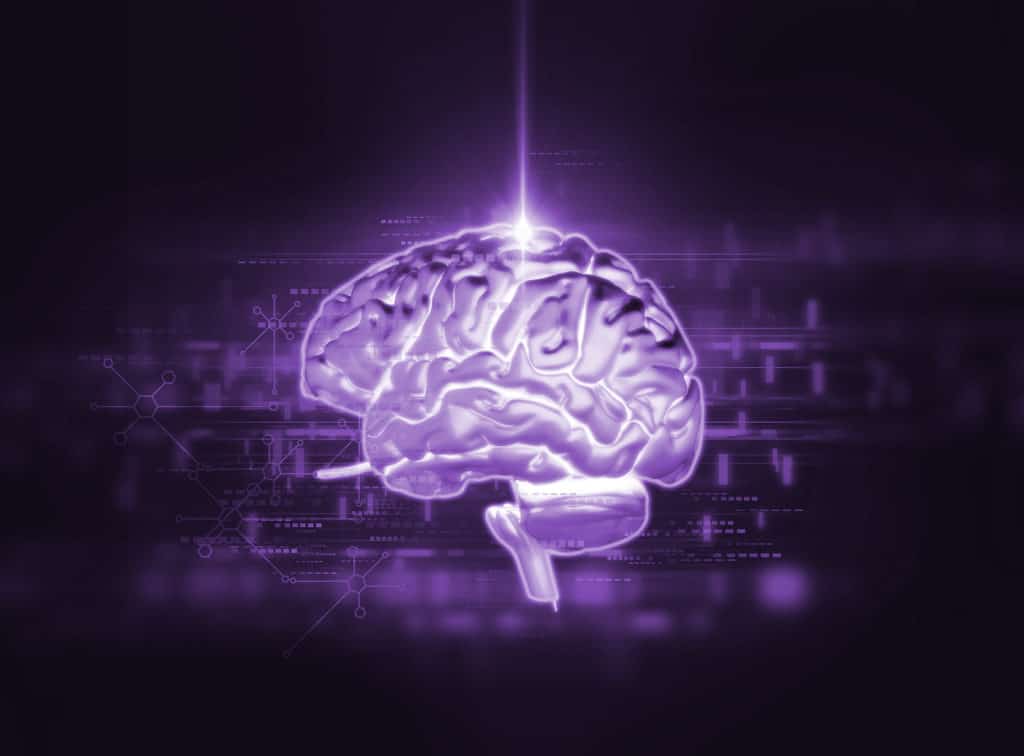
Drug addiction and alcoholism are serious issues that affect millions of people worldwide.
Apart from the damaging impact on an individual’s physical and mental health, substance use disorders can also cause profound changes in the brain.
In fact, drug addiction and alcoholism chemically alter the brain’s structure so it becomes programmed to depend on a substance.
Over time, the brain demands increasing amounts of this substance, and those struggling with the condition may soon find they must prioritize their drug or alcohol use above all else.
In this blog post, we will explore the neurobiological transformations that result from drug addiction and alcoholism, shedding light on the complex nature of these disorders and their effect on the brain.
Addiction and the Brain
Understanding how drug and alcohol addiction works is easy if you know a little about how the brain responds to pleasure.
Certain activities or events cause a chemical called dopamine to be released in the brain.
These activities include things like devouring our favorite foods, exercising, playing video games, or even earning a big promotion at work. Anything that brings us pleasure or makes us feel good triggers dopamine release. As far as our brains are concerned, the activity itself doesn’t matter. The response is the same.
Unlike the dopamine release that comes with exercising, drugs and alcohol trigger a supercharged and near-immediate rush of dopamine that the brain quickly latches onto and remembers.
In a relatively short time, our brains “re-wire” themselves to classify the substance as something it needs, like food or water. This is why drug and alcohol addiction is challenging and not simply a choice.
On top of this, some people are genetically predisposed to drug addiction.
Why Are Some Substances More Addictive Than Others?
When it comes to addiction, some drugs are more addictive than others. For example, drugs like heroin and nicotine are both highly addictive, while drugs like MDMA (i.e., ecstasy, Molly) are comparatively less addictive.*
So, what makes one drug more addictive than another? It boils down to three factors
- How quickly the drug promotes a dopamine release
- How much dopamine is triggered
- How reliably the drug causes a dopamine release
*Note: While MDMA is less addictive than other drugs, it is still possible to develop an addiction.
Does Drinking Alcohol Kill Brain Cells?
Alcohol is a neurotoxin, which means it can directly damage neurons and other cells in the brain.
Prolonged and heavy alcohol use can lead to various neurological problems, such as cognitive impairment, memory loss, and changes in brain structure and function. These effects are attributed to a combination of factors, including direct toxicity to brain cells, interference with neurotransmitter systems, and disruption of normal brain functioning.
However, it is essential to note that alcohol does not directly “kill” brain cells in the sense of causing their immediate and irreversible death. The damage caused by alcohol is often related to chronic and excessive alcohol use. Research suggests that the brain has some ability to repair and regenerate specific cells and neural connections. However, the extent of recovery depends on various factors, including the severity and duration of alcohol use.
Alcohol can also affect the brain indirectly.
Alcohol misuse can cause poor absorption of food components such as vitamins, minerals, or antioxidants in the stomach and intestines, indirectly affecting the nutrition of nerve cells.
It can alter the liver’s ability to protect the body from toxins and metabolic byproducts. The brain is the first organ to suffer.
Soon after the initial damage caused by excessive alcohol consumption, severe psychological changes occur.
The brain becomes dependent on the temporary relaxing and calming effects of alcohol. If someone with alcohol use disorder does not drink soon enough, withdrawal symptoms such as anxiety, irritation, aggression, agitation, and insomnia may occur.
According to Psychology Today, about 50% of those with alcohol use disorder show problems in thinking or memory. It affects a person’s ability to plan, withhold responses, learn and retain information, and work with spatial information.
A small percentage of those develop Wernicke-Korsakoff Syndrome (WKS), a debilitating brain disease that can severely impact memory.
The good news? When you give up alcohol, difficulties with memory and concentration will improve significantly.
So, What is Considered a Brain-Safe Drinking Level?
True “low-risk” drinking is defined by the National Institute on Alcohol Abuse and Alcoholism as no more than three drinks in a single day day (seven total drinks per week) for women and no more than four drinks in a single day (14 total drinks per week) for men.
Beyond those levels, you increase your chances of addiction, health problems, and damage to the brain’s structure.
A Fresh Start Without Drugs and Alcohol at The Raleigh House
Public understanding of drug and alcohol addiction has improved over the decades, but it still has a long way to go.
Many people mistakenly believe that substance use disorder is a choice or indicates a lack of willpower on behalf of the victim.
Not only is this belief wholly inaccurate, but it’s also dangerous. It marginalizes and stigmatizes individuals who legitimately need help.
If you or someone you care about is struggling with a substance use disorder, we are here to help. Fill out our form or contact us today to learn more.




